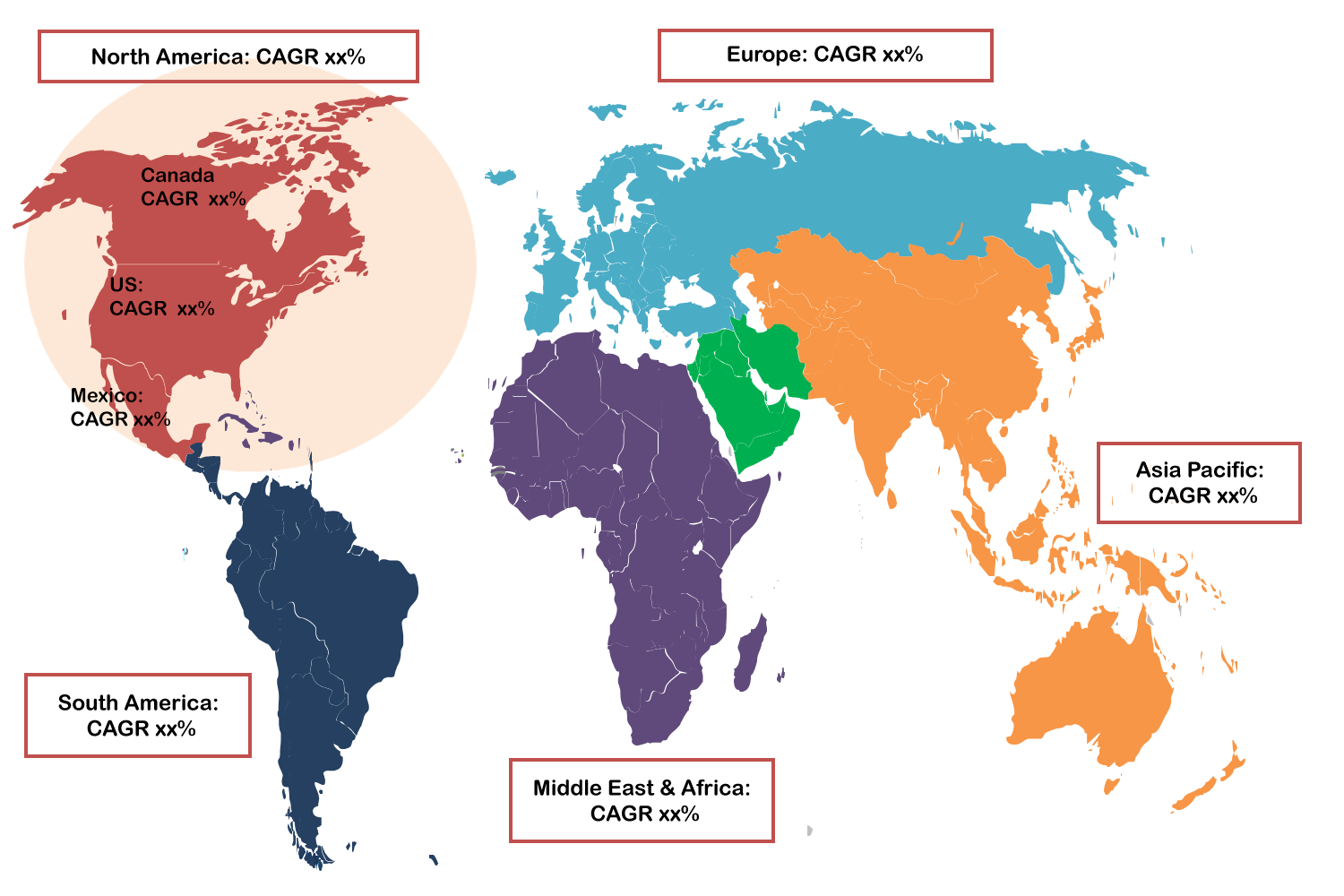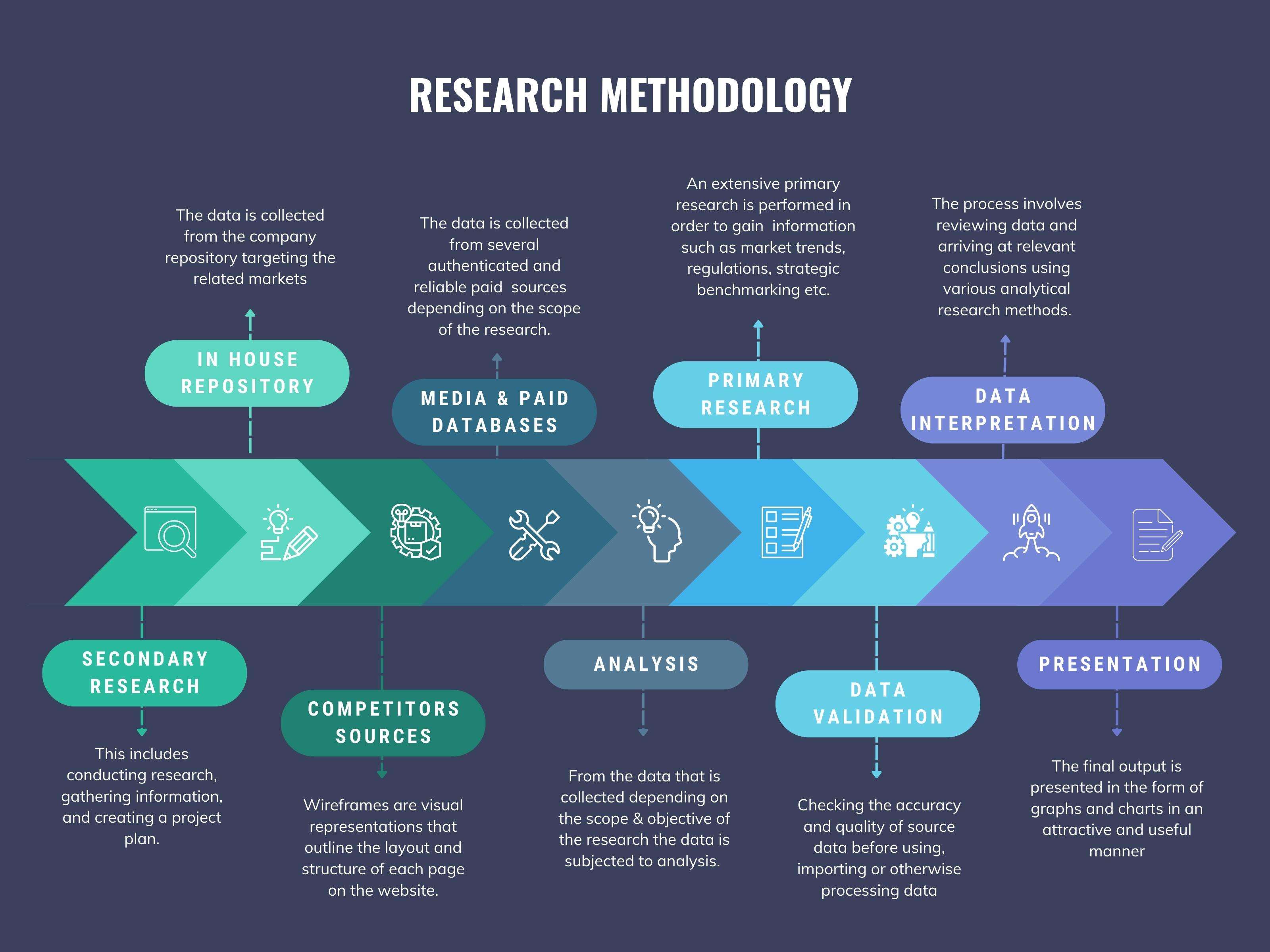
Embedded Multimedia Card Market
Embedded Multimedia Card Market Forecasts to 2032 – Global Analysis By Type (NAND Flash, DRAM and eMMC), Storage Capacity, Interface, Packaging Type, Application, End User and By Geography

According to Stratistics MRC, the Global Embedded Multimedia Card Market is accounted for $12.3 billion in 2025 and is expected to reach $17.4 billion by 2032 growing at a CAGR of 3.5% during the forecast period. Embedded Multimedia Cards are a type of non-volatile flash storage commonly found in smartphones, tablets, and budget laptops. An eMMC chip combines a NAND flash memory component and a controller onto a single piece of silicon. This integrated design simplifies the host device's motherboard, as the controller handles complex data management tasks like wear-leveling and error correction. Unlike removable SD cards, an eMMC is soldered directly onto the device’s motherboard, making it a permanent and durable storage solution. eMMCs offer a balance of affordability, compact size, and decent performance.
According to the Consumer Technology Association (CTA), the robust growth of affordable IoT devices and smart home appliances in emerging economies continues to sustain demand for cost-effective, high-density NAND flash storage solutions.
Market Dynamics:
Driver:
Growing adoption in smartphones and tablets
The embedded multimedia card market is primarily driven by the rising integration of eMMC storage in smartphones and tablets, owing to its compact design and cost-effectiveness. As mobile devices increasingly demand faster data access and optimized storage solutions, eMMC provides a reliable balance between performance and affordability. The exponential growth of mobile internet usage, app downloads, and multimedia consumption further strengthens adoption. Fueled by surging demand in emerging economies, smartphones and tablets remain the largest consumers of eMMC technology.
Restraint:
Limited scalability compared to SSD solutions
A significant restraint for the eMMC market is its limited scalability compared to advanced solid-state drive (SSD) solutions. While eMMC is cost-effective and space-efficient, it lacks the higher storage capacities and faster read/write speeds offered by SSDs. As data-intensive applications like gaming and 4K video streaming rise, manufacturers face challenges in meeting performance expectations. Furthermore, SSDs are becoming more affordable, narrowing the cost advantage of eMMC. Consequently, limited scalability constrains eMMC’s competitiveness in high-end consumer and enterprise storage applications.
Opportunity:
Rising adoption in industrial automation equipment
The eMMC market is witnessing promising opportunities with increasing adoption in industrial automation equipment and embedded systems. Industrial devices require reliable, durable, and compact memory solutions capable of operating in harsh environments, where eMMC fits well. Spurred by Industry 4.0 advancements, demand for embedded storage in robotics, control systems, and IoT devices is growing rapidly. Moreover, eMMC’s low power consumption and robust performance under industrial workloads strengthen its appeal. This expanding industrial adoption opens lucrative pathways beyond consumer electronics applications.
Threat:
Competition from emerging flash memory technologies
The embedded multimedia card market faces threats from emerging flash memory technologies such as UFS (Universal Flash Storage) and NVMe. These advanced solutions offer significantly faster data transfer speeds and higher performance, attracting adoption in flagship devices. As manufacturers transition to superior alternatives, eMMC risks losing relevance in premium applications. Furthermore, the rapid pace of innovation in flash storage accelerates competitive pressure. Without technological upgrades, eMMC may remain confined to low-to-mid-tier devices, threatening its long-term market sustainability.
Covid-19 Impact:
The COVID-19 pandemic had a mixed impact on the eMMC market. On one hand, disruptions in semiconductor supply chains and manufacturing delays temporarily constrained production. On the other, remote work, online learning, and rising demand for consumer electronics fueled strong consumption of eMMC-based devices. Post-pandemic, renewed investments in digital infrastructure, combined with accelerated adoption of connected devices, have sustained growth. The crisis highlighted the importance of cost-efficient storage solutions, positioning eMMC as a stable choice in price-sensitive electronics segments.
The NAND flash segment is expected to be the largest during the forecast period
The NAND flash segment is expected to account for the largest market share during the forecast period, owing to its ability to deliver high-density storage with low power consumption. NAND flash is widely integrated into smartphones, tablets, cameras, and automotive electronics, making it the backbone of eMMC solutions. Its affordability and compatibility with compact designs strengthen dominance in portable devices. Additionally, advancements in multi-level cell and 3D NAND technologies enhance storage capacities, further consolidating NAND flash’s leadership in the eMMC market.
The high-speed interface segment is expected to have the highest CAGR during the forecast period
Over the forecast period, the high-speed interface segment is predicted to witness the highest growth rate, impelled by increasing demand for faster boot times and enhanced application performance. Modern devices such as wearables, infotainment systems, and mid-range smartphones rely heavily on high-speed eMMC interfaces to ensure smooth user experiences. The rise of IoT and AI-enabled electronics further accelerates this trend. With manufacturers striving to meet consumer expectations for quick responsiveness, high-speed interfaces are set to record rapid adoption across industries.
Region with largest share:
During the forecast period, the Asia Pacific region is expected to hold the largest market share, driven by its dominance in semiconductor manufacturing and consumer electronics production. Countries like China, South Korea, Taiwan, and Japan host leading memory chip makers, ensuring strong supply capabilities. Rapid smartphone adoption, expanding automotive electronics, and rising demand for low-cost storage further support growth. Additionally, government initiatives to strengthen domestic semiconductor industries amplify regional leadership. Asia Pacific remains the central hub for eMMC demand and supply.
Region with highest CAGR:
Over the forecast period, the North America region is anticipated to exhibit the highest CAGR, attributed to increasing adoption of connected devices, industrial automation, and automotive electronics. The U.S. leads with strong R&D investments and demand for advanced embedded memory in consumer and enterprise applications. Growth in IoT deployments, combined with high adoption of digital healthcare and smart wearables, drives regional expansion. Moreover, collaborations between tech giants and semiconductor manufacturers reinforce market opportunities, making North America the fastest-growing region.

Key players in the market
Some of the key players in Embedded Multimedia Card Market include Samsung Electronics, SK Hynix, KIOXIA Corporation, Western Digital, Micron Technology, Phison Electronics, Kingston Technology, Longsys, Silicon Motion Technology, BIWIN Storage Technology, SMART Global Holdings, Transcend Information, Swissbit, Flexxon, Greenliant Systems, and ADATA Technology.
Key Developments:
In August 2025, Samsung Electronics launched its next-generation Embedded Multimedia Card featuring enhanced data transfer speeds and improved reliability. The product targets automotive and industrial applications requiring durable and high-performance storage solutions.
In July 2025, SK Hynix introduced an advanced eMMC product with increased capacity and optimized power efficiency. This was designed to meet rising demands in mobile devices and Internet of Things (IoT) applications.
In June 2025, KIOXIA Corporation rolled out new eMMC solutions incorporating advanced error correction and security features, addressing critical data integrity and protection requirements in consumer electronics and automotive markets.
Types Covered:
• NAND Flash
• DRAM
• eMMC
Storage Capacities Covered:
• Less Than 8GB
• 8GB To 16GB
• 16GB To 64GB
• 64GB To 128GB
• More Than 128GB
Interfaces Covered:
• High-Speed Interface
• Standard Interface
Packaging Types Covered:
• Ball Grid Array (BGA)
• Package On Package (PoP)
• Chip On Board (CoB)
Applications Covered:
• Smartphones
• Tablets
• Digital Cameras
• GPS Systems
• E-readers
• Other Applications
End Users Covered:
• Consumer Electronics
• Automotive
• Aerospace & Defense
• Industrial
• Other End Users
Regions Covered:
• North America
o US
o Canada
o Mexico
• Europe
o Germany
o UK
o Italy
o France
o Spain
o Rest of Europe
• Asia Pacific
o Japan
o China
o India
o Australia
o New Zealand
o South Korea
o Rest of Asia Pacific
• South America
o Argentina
o Brazil
o Chile
o Rest of South America
• Middle East & Africa
o Saudi Arabia
o UAE
o Qatar
o South Africa
o Rest of Middle East & Africa
What our report offers:
- Market share assessments for the regional and country-level segments
- Strategic recommendations for the new entrants
- Covers Market data for the years 2024, 2025, 2026, 2028, and 2032
- Market Trends (Drivers, Constraints, Opportunities, Threats, Challenges, Investment Opportunities, and recommendations)
- Strategic recommendations in key business segments based on the market estimations
- Competitive landscaping mapping the key common trends
- Company profiling with detailed strategies, financials, and recent developments
- Supply chain trends mapping the latest technological advancements
Free Customization Offerings:
All the customers of this report will be entitled to receive one of the following free customization options:
• Company Profiling
o Comprehensive profiling of additional market players (up to 3)
o SWOT Analysis of key players (up to 3)
• Regional Segmentation
o Market estimations, Forecasts and CAGR of any prominent country as per the client's interest (Note: Depends on feasibility check)
• Competitive Benchmarking
o Benchmarking of key players based on product portfolio, geographical presence, and strategic alliances
Table of Contents
1 Executive Summary
2 Preface
2.1 Abstract
2.2 Stake Holders
2.3 Research Scope
2.4 Research Methodology
2.4.1 Data Mining
2.4.2 Data Analysis
2.4.3 Data Validation
2.4.4 Research Approach
2.5 Research Sources
2.5.1 Primary Research Sources
2.5.2 Secondary Research Sources
2.5.3 Assumptions
3 Market Trend Analysis
3.1 Introduction
3.2 Drivers
3.3 Restraints
3.4 Opportunities
3.5 Threats
3.6 Application Analysis
3.7 End User Analysis
3.8 Emerging Markets
3.9 Impact of Covid-19
4 Porters Five Force Analysis
4.1 Bargaining power of suppliers
4.2 Bargaining power of buyers
4.3 Threat of substitutes
4.4 Threat of new entrants
4.5 Competitive rivalry
5 Global Embedded Multimedia Card Market, By Type
5.1 Introduction
5.2 NAND Flash
5.3 DRAM
5.4 eMMC
6 Global Embedded Multimedia Card Market, By Storage Capacity
6.1 Introduction
6.2 Less Than 8GB
6.3 8GB To 16GB
6.4 16GB To 64GB
6.5 64GB To 128GB
6.6 More Than 128GB
7 Global Embedded Multimedia Card Market, By Interface
7.1 Introduction
7.2 High-Speed Interface
7.3 Standard Interface
8 Global Embedded Multimedia Card Market, By Packaging Type
8.1 Introduction
8.2 Ball Grid Array (BGA)
8.3 Package On Package (PoP)
8.4 Chip On Board (CoB)
9 Global Embedded Multimedia Card Market, By Application
9.1 Introduction
9.2 Smartphones
9.3 Tablets
9.4 Digital Cameras
9.5 GPS Systems
9.6 E-readers
9.7 Other Applications
10 Global Embedded Multimedia Card Market, By End User
10.1 Introduction
10.2 Consumer Electronics
10.3 Automotive
10.4 Aerospace & Defense
10.5 Industrial
10.6 Other End Users
11 Global Embedded Multimedia Card Market, By Geography
11.1 Introduction
11.2 North America
11.2.1 US
11.2.2 Canada
11.2.3 Mexico
11.3 Europe
11.3.1 Germany
11.3.2 UK
11.3.3 Italy
11.3.4 France
11.3.5 Spain
11.3.6 Rest of Europe
11.4 Asia Pacific
11.4.1 Japan
11.4.2 China
11.4.3 India
11.4.4 Australia
11.4.5 New Zealand
11.4.6 South Korea
11.4.7 Rest of Asia Pacific
11.5 South America
11.5.1 Argentina
11.5.2 Brazil
11.5.3 Chile
11.5.4 Rest of South America
11.6 Middle East & Africa
11.6.1 Saudi Arabia
11.6.2 UAE
11.6.3 Qatar
11.6.4 South Africa
11.6.5 Rest of Middle East & Africa
12 Key Developments
12.1 Agreements, Partnerships, Collaborations and Joint Ventures
12.2 Acquisitions & Mergers
12.3 New Product Launch
12.4 Expansions
12.5 Other Key Strategies
13 Company Profiling
13.1 Samsung Electronics
13.2 SK Hynix
13.3 KIOXIA Corporation
13.4 Western Digital
13.5 Micron Technology
13.6 Phison Electronics
13.7 Kingston Technology
13.8 Longsys
13.9 Silicon Motion Technology
13.10 BIWIN Storage Technology
13.11 SMART Global Holdings
13.12 Transcend Information
13.13 Swissbit
13.14 Flexxon
13.15 Greenliant Systems
13.16 ADATA Technology
List of Tables
1 Global Embedded Multimedia Card Market Outlook, By Region (2024-2032) ($MN)
2 Global Embedded Multimedia Card Market Outlook, By Type (2024-2032) ($MN)
3 Global Embedded Multimedia Card Market Outlook, By NAND Flash (2024-2032) ($MN)
4 Global Embedded Multimedia Card Market Outlook, By DRAM (2024-2032) ($MN)
5 Global Embedded Multimedia Card Market Outlook, By eMMC (2024-2032) ($MN)
6 Global Embedded Multimedia Card Market Outlook, By Storage Capacity (2024-2032) ($MN)
7 Global Embedded Multimedia Card Market Outlook, By Less Than 8GB (2024-2032) ($MN)
8 Global Embedded Multimedia Card Market Outlook, By 8GB To 16GB (2024-2032) ($MN)
9 Global Embedded Multimedia Card Market Outlook, By 16GB To 64GB (2024-2032) ($MN)
10 Global Embedded Multimedia Card Market Outlook, By 64GB To 128GB (2024-2032) ($MN)
11 Global Embedded Multimedia Card Market Outlook, By More Than 128GB (2024-2032) ($MN)
12 Global Embedded Multimedia Card Market Outlook, By Interface (2024-2032) ($MN)
13 Global Embedded Multimedia Card Market Outlook, By High-Speed Interface (2024-2032) ($MN)
14 Global Embedded Multimedia Card Market Outlook, By Standard Interface (2024-2032) ($MN)
15 Global Embedded Multimedia Card Market Outlook, By Packaging Type (2024-2032) ($MN)
16 Global Embedded Multimedia Card Market Outlook, By Ball Grid Array (BGA) (2024-2032) ($MN)
17 Global Embedded Multimedia Card Market Outlook, By Package On Package (PoP) (2024-2032) ($MN)
18 Global Embedded Multimedia Card Market Outlook, By Chip On Board (CoB) (2024-2032) ($MN)
19 Global Embedded Multimedia Card Market Outlook, By Application (2024-2032) ($MN)
20 Global Embedded Multimedia Card Market Outlook, By Smartphones (2024-2032) ($MN)
21 Global Embedded Multimedia Card Market Outlook, By Tablets (2024-2032) ($MN)
22 Global Embedded Multimedia Card Market Outlook, By Digital Cameras (2024-2032) ($MN)
23 Global Embedded Multimedia Card Market Outlook, By GPS Systems (2024-2032) ($MN)
24 Global Embedded Multimedia Card Market Outlook, By E-readers (2024-2032) ($MN)
25 Global Embedded Multimedia Card Market Outlook, By Other Applications (2024-2032) ($MN)
26 Global Embedded Multimedia Card Market Outlook, By End User (2024-2032) ($MN)
27 Global Embedded Multimedia Card Market Outlook, By Consumer Electronics (2024-2032) ($MN)
28 Global Embedded Multimedia Card Market Outlook, By Automotive (2024-2032) ($MN)
29 Global Embedded Multimedia Card Market Outlook, By Aerospace & Defense (2024-2032) ($MN)
30 Global Embedded Multimedia Card Market Outlook, By Industrial (2024-2032) ($MN)
31 Global Embedded Multimedia Card Market Outlook, By Other End Users (2024-2032) ($MN)
Note: Tables for North America, Europe, APAC, South America, and Middle East & Africa Regions are also represented in the same manner as above.
List of Figures
RESEARCH METHODOLOGY

We at ‘Stratistics’ opt for an extensive research approach which involves data mining, data validation, and data analysis. The various research sources include in-house repository, secondary research, competitor’s sources, social media research, client internal data, and primary research.
Our team of analysts prefers the most reliable and authenticated data sources in order to perform the comprehensive literature search. With access to most of the authenticated data bases our team highly considers the best mix of information through various sources to obtain extensive and accurate analysis.
Each report takes an average time of a month and a team of 4 industry analysts. The time may vary depending on the scope and data availability of the desired market report. The various parameters used in the market assessment are standardized in order to enhance the data accuracy.
Data Mining
The data is collected from several authenticated, reliable, paid and unpaid sources and is filtered depending on the scope & objective of the research. Our reports repository acts as an added advantage in this procedure. Data gathering from the raw material suppliers, distributors and the manufacturers is performed on a regular basis, this helps in the comprehensive understanding of the products value chain. Apart from the above mentioned sources the data is also collected from the industry consultants to ensure the objective of the study is in the right direction.
Market trends such as technological advancements, regulatory affairs, market dynamics (Drivers, Restraints, Opportunities and Challenges) are obtained from scientific journals, market related national & international associations and organizations.
Data Analysis
From the data that is collected depending on the scope & objective of the research the data is subjected for the analysis. The critical steps that we follow for the data analysis include:
- Product Lifecycle Analysis
- Competitor analysis
- Risk analysis
- Porters Analysis
- PESTEL Analysis
- SWOT Analysis
The data engineering is performed by the core industry experts considering both the Marketing Mix Modeling and the Demand Forecasting. The marketing mix modeling makes use of multiple-regression techniques to predict the optimal mix of marketing variables. Regression factor is based on a number of variables and how they relate to an outcome such as sales or profits.
Data Validation
The data validation is performed by the exhaustive primary research from the expert interviews. This includes telephonic interviews, focus groups, face to face interviews, and questionnaires to validate our research from all aspects. The industry experts we approach come from the leading firms, involved in the supply chain ranging from the suppliers, distributors to the manufacturers and consumers so as to ensure an unbiased analysis.
We are in touch with more than 15,000 industry experts with the right mix of consultants, CEO's, presidents, vice presidents, managers, experts from both supply side and demand side, executives and so on.
The data validation involves the primary research from the industry experts belonging to:
- Leading Companies
- Suppliers & Distributors
- Manufacturers
- Consumers
- Industry/Strategic Consultants
Apart from the data validation the primary research also helps in performing the fill gap research, i.e. providing solutions for the unmet needs of the research which helps in enhancing the reports quality.
For more details about research methodology, kindly write to us at info@strategymrc.com
Frequently Asked Questions
In case of any queries regarding this report, you can contact the customer service by filing the “Inquiry Before Buy” form available on the right hand side. You may also contact us through email: info@strategymrc.com or phone: +1-301-202-5929
Yes, the samples are available for all the published reports. You can request them by filling the “Request Sample” option available in this page.
Yes, you can request a sample with your specific requirements. All the customized samples will be provided as per the requirement with the real data masked.
All our reports are available in Digital PDF format. In case if you require them in any other formats, such as PPT, Excel etc you can submit a request through “Inquiry Before Buy” form available on the right hand side. You may also contact us through email: info@strategymrc.com or phone: +1-301-202-5929
We offer a free 15% customization with every purchase. This requirement can be fulfilled for both pre and post sale. You may send your customization requirements through email at info@strategymrc.com or call us on +1-301-202-5929.
We have 3 different licensing options available in electronic format.
- Single User Licence: Allows one person, typically the buyer, to have access to the ordered product. The ordered product cannot be distributed to anyone else.
- 2-5 User Licence: Allows the ordered product to be shared among a maximum of 5 people within your organisation.
- Corporate License: Allows the product to be shared among all employees of your organisation regardless of their geographical location.
All our reports are typically be emailed to you as an attachment.
To order any available report you need to register on our website. The payment can be made either through CCAvenue or PayPal payments gateways which accept all international cards.
We extend our support to 6 months post sale. A post sale customization is also provided to cover your unmet needs in the report.
Request Customization
We offer complimentary customization of up to 15% with every purchase. To share your customization requirements, feel free to email us at info@strategymrc.com or call us on +1-301-202-5929. .
Please Note: Customization within the 15% threshold is entirely free of charge. If your request exceeds this limit, we will conduct a feasibility assessment. Following that, a detailed quote and timeline will be provided.
WHY CHOOSE US ?

Assured Quality
Best in class reports with high standard of research integrity

24X7 Research Support
Continuous support to ensure the best customer experience.

Free Customization
Adding more values to your product of interest.

Safe & Secure Access
Providing a secured environment for all online transactions.

Trusted by 600+ Brands
Serving the most reputed brands across the world.
